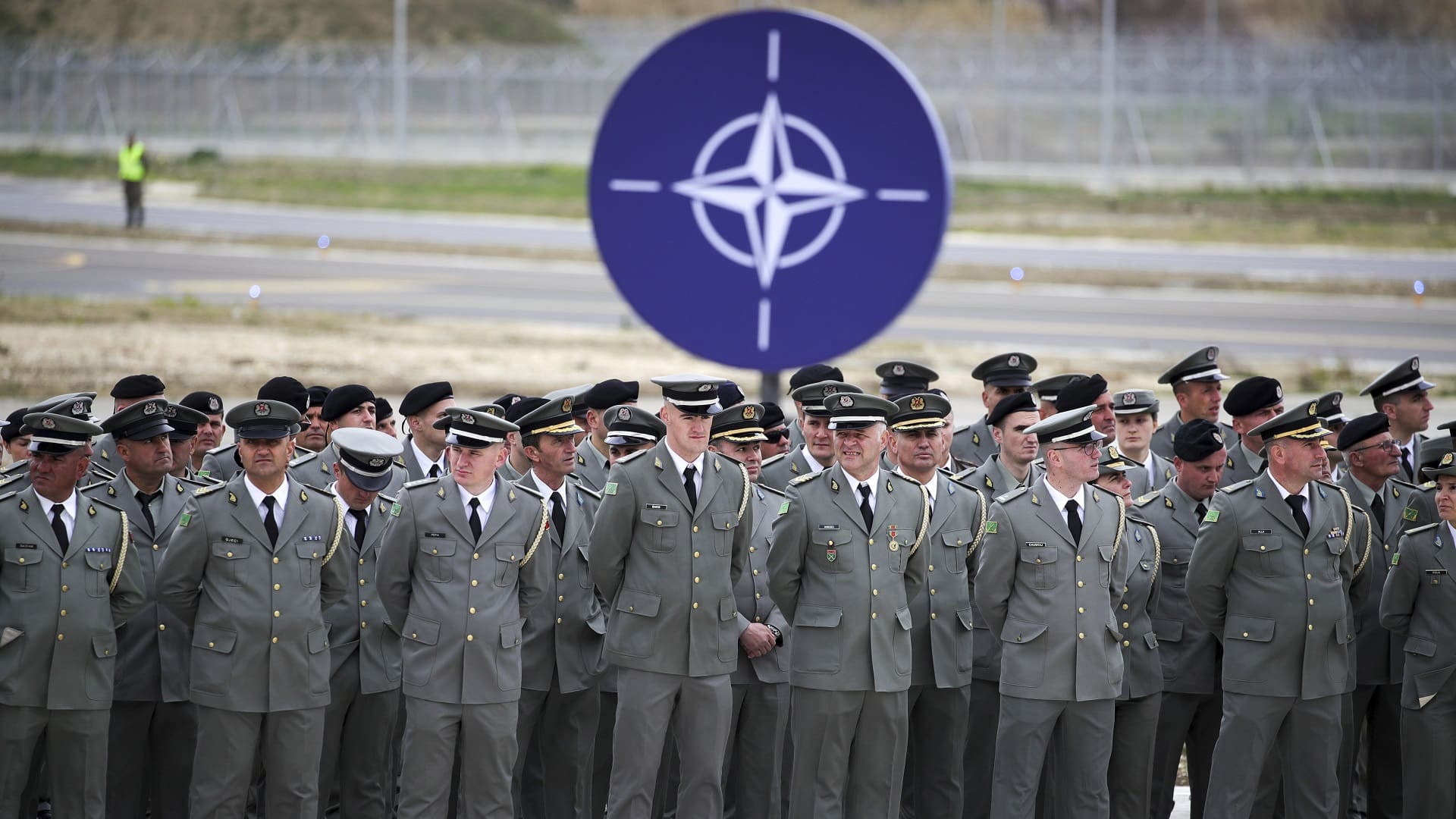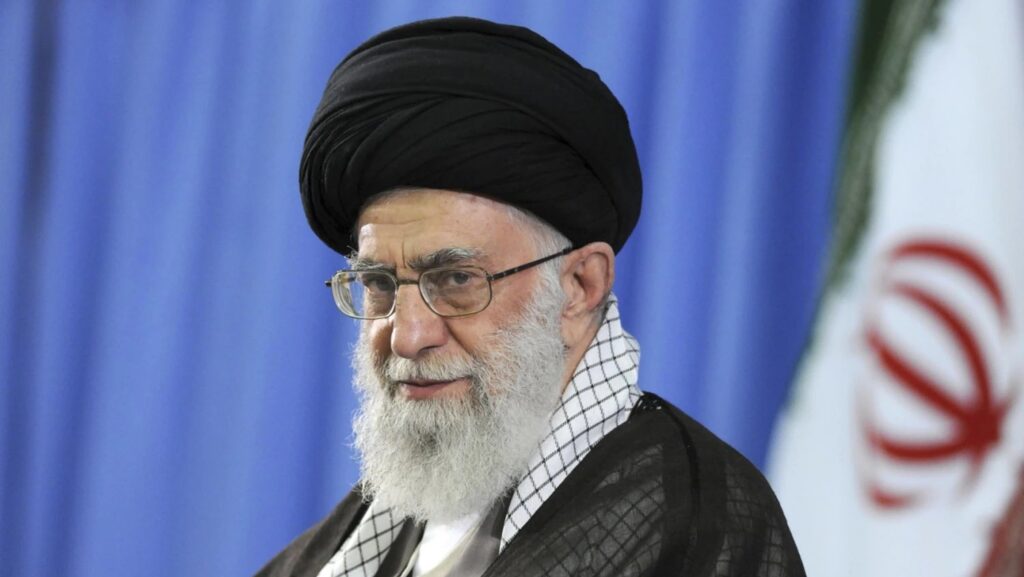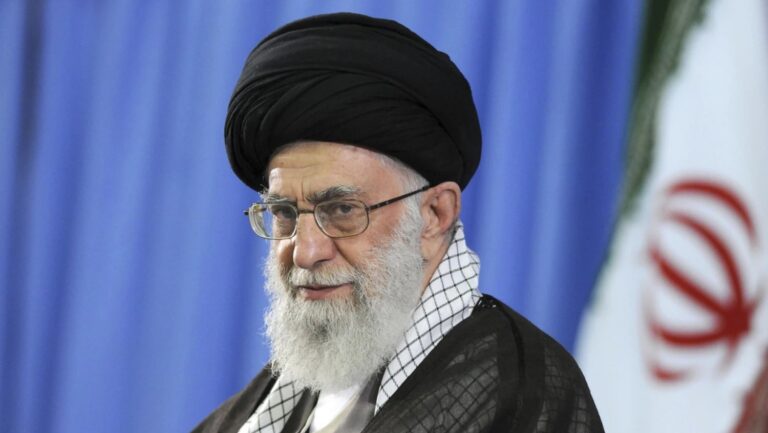Péter Vekszler, a senior officer in the Hungarian Defence Forces, has been appointed Chief Medical Officer at the Supreme Headquarters Allied Powers Europe (SHAPE), NATO’s central command for allied forces in Europe. Starting on 21 June, he will serve in the role for three years, holding the rank of brigadier general during his foreign posting. The appointment marks a significant recognition of Hungary’s military medical service, according to the Hungarian Ministry of Defence.
In this capacity, Vekszler will also act as the senior medical advisor to the Supreme Allied Commander Europe (SACEUR), making him responsible for planning, coordinating, and evaluating NATO’s health capabilities. His duties will include overseeing collaboration between allied military medical organizations and shaping medical readiness across NATO forces.
Hungary and Germany have jointly filled this prestigious role on a rotating basis since 2012. Vekszler’s selection underscores the continued presence and competence of Hungarian personnel in senior NATO roles, the Defence Ministry emphasized in its statement.
Vekszler currently serves as Deputy Commander for International Affairs at the Hungarian Defence Forces’ Medical Centre, a role he has held since January 2023. A graduate of Semmelweis University’s Faculty of Medicine in 1994, he holds specializations in both surgery (1999) and traumatology (2001).
Throughout his career, Vekszler has completed multiple overseas deployments, including participation in the first Hungarian military medical contingent in Afghanistan in 2003. He returned on three further missions in varying capacities and also served in Kosovo as the lead physician of the Role 1 medical centre in a peacekeeping mission.
Internationally, he has served in Naples at NATO’s Allied Joint Force Command, where he oversaw training, exercises, and assessments. He later became head of training at NATO’s Centre of Excellence for Military Medicine.
The Ministry of Defence also credited him with establishing several specialized international surgical training programmes in Hungary. These courses, based on battlefield experience, are designed to advance the skills of surgeons and anaesthesiologists treating severe combat injuries.
Vekszler’s new post signals both a personal achievement and a broader validation of Hungary’s role in contributing expertise to NATO’s multinational operations.
Related articles:







